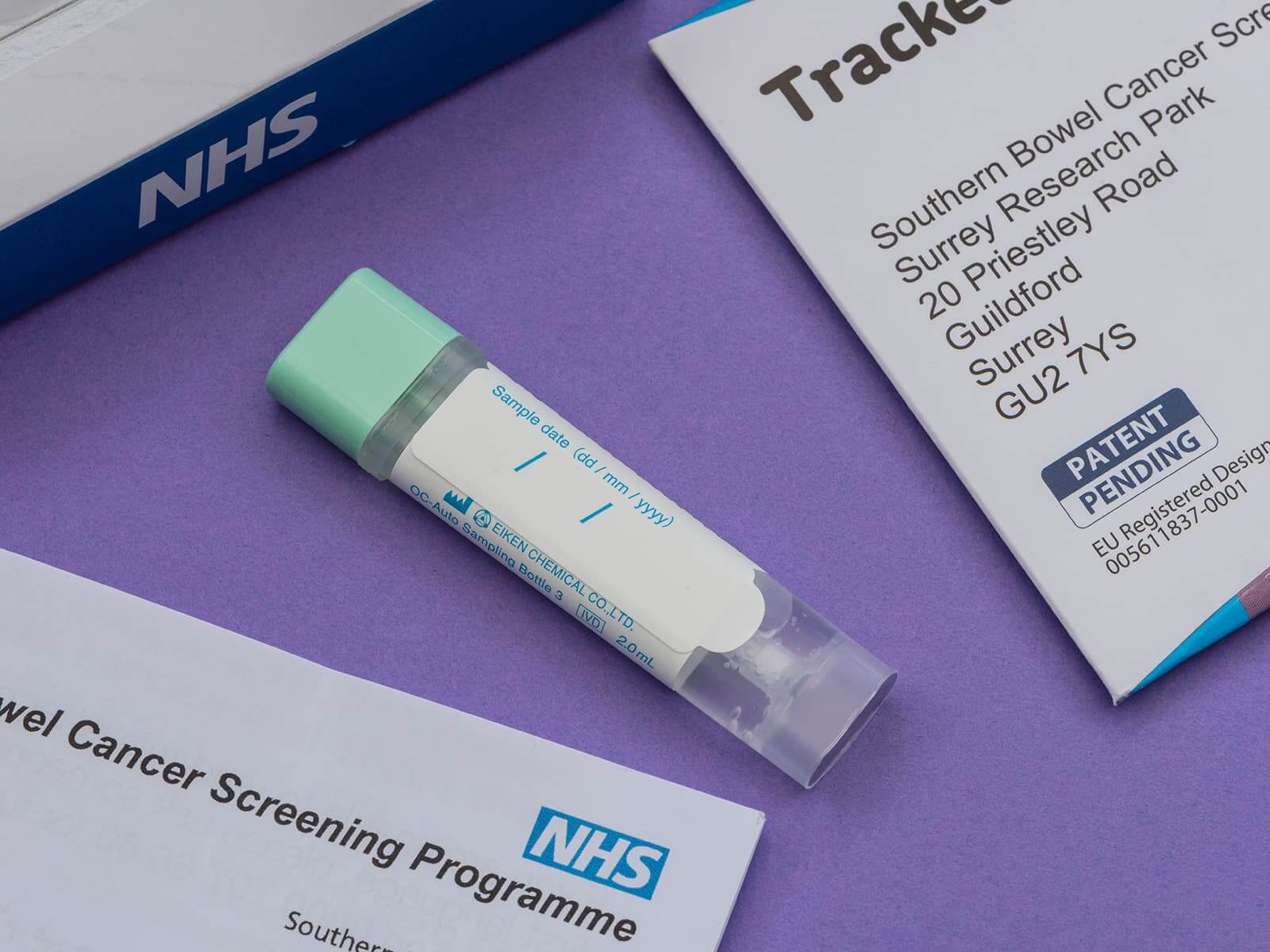
Cystic fibrosis is a hereditary genetic disease that is a result of CFTR gene mutations. It causes the generation of thick and sticky mucus which may block the lungs and the digestive system causing difficulties in breathing, contagious infections, and difficulty in absorption of nutrients.
The symptoms can be manifested in infancy or during adulthood. Common signs include:
Cystic fibrosis is a disorder that is transmitted by mutational CFTR gene through both the parents. Key points are:
Our team of committed cystic fibrosis specialists in Jersey Village offers multidisciplinary care, which is personalized and aimed at helping you to live a freer and more prosperous life because of breathing easier. Since our focus is on the advanced CFTR modulator treatments as well as personalized nutrition regimens and, for instance, airway clearance options, we work with you and your family throughout all of the ways. You are now ready to be in charge of your health. Today, book an appointment and we will design a continuous CF management strategy that is able to fit your lifestyle.
We've successfully treated more than 1k patients, helping individuals improve their digestive health and overall well-being through expert, personalized care.
With over 20 years of experience, GastroDoxs has been a trusted provider of gastroenterology care, focusing on delivering the best outcomes for patients
The ICD-10 codes of cystic fibrosis belong to E84.0-E84.9. All the subcodes denote the involved organ systems (pulmonary, digestive, with meconium ileus etc.). The choice of the small code will depend upon your symptoms and complicated conditions, which will be chosen by your provider or medical coder.
No. CFTR is an inherited disorder that is as a result of mutations in CFTR gene. Neither is it person to person.
Diagnosis is usually through newborn screening, a sweat chloride test, to obtain the amount of salt in the sweat, and genetic testing to detect CFTR mutations. Some supplementary tests on lung function, or imaging could be undertaken.
A lot of infants present the symptoms during the initial weeks of life. The general initial signs are problems with passing meconium, failure to gain weight, greasy stools, and frequent respiratory infections.
Using contemporary medicine and holistic care several individuals with a cystic fibrosis survive into 40s, 50s adulthood. The life expectancy depends upon the level of the lung disease, nutrition, and even access to special therapy.
Yes. The professional staff offer a local group on CF specialists that offers a customized care strategy, easy follow-ups, and refer commercial assistance with respiratory therapists, dieting experts and genetic counselors.
The routine evaluation of CF patients is usually conducted after every 3-4 months. In case you have a significant number of lung infections or nutritional complications, your provider can ask to see you more often.
Good nutrition plays a crucial role- high calorie, high proteins food and fat soluble vitamin aids are important- however diet management should be used hand in hand with medication, airway clearance and other treatments to provide the best health care.
Yes. IVacaftor, lumacaftor, and tezacaftor and most recently elexacaftor are targeting the protein defect underlying CF. Current research comprises gene therapy as well as new state of the art anti-inflammatory drugs.
Our insurance and billing experts would be glad to guide you through the applicable codes and make claims. ICD-10 guidance is also available in more details on the CMS site or on professional coding manuals.